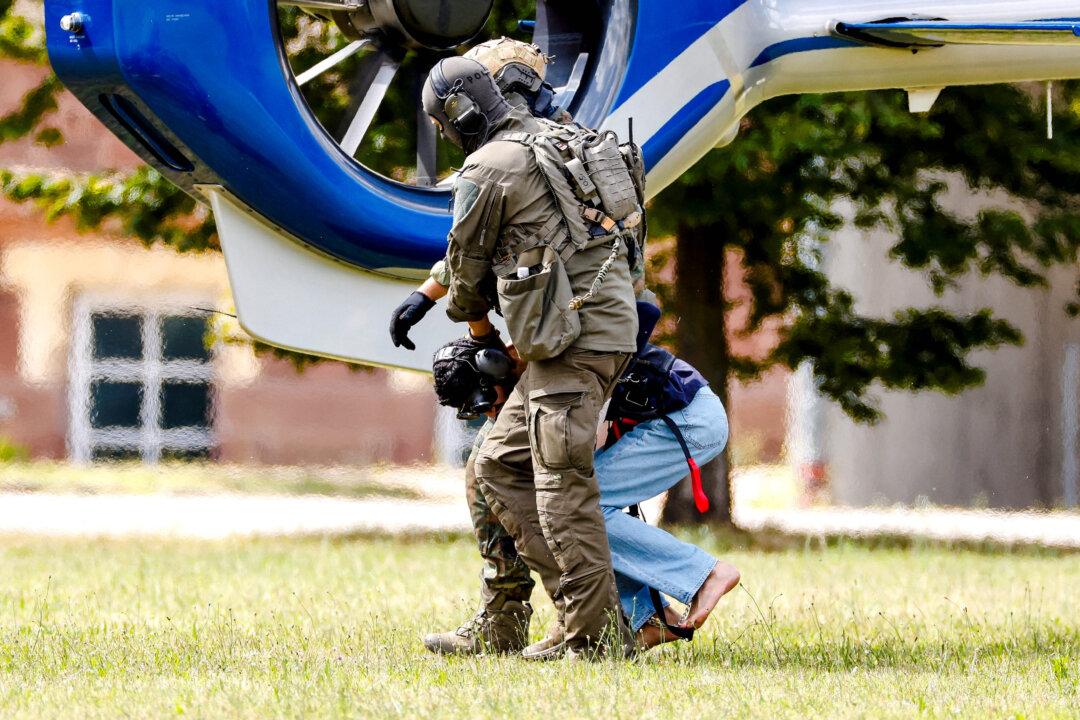Germany’s government has ordered border controls to begin at all of its land borders for six months to tackle illegal immigration and extremist threats.
The controls will start on Sept. 16. At a press conference on Monday, Interior Minister Nancy Faeser said that the government had notified the European Union of the order to set up border controls at the land borders with France, Luxembourg, the Netherlands, Belgium, and Denmark.





